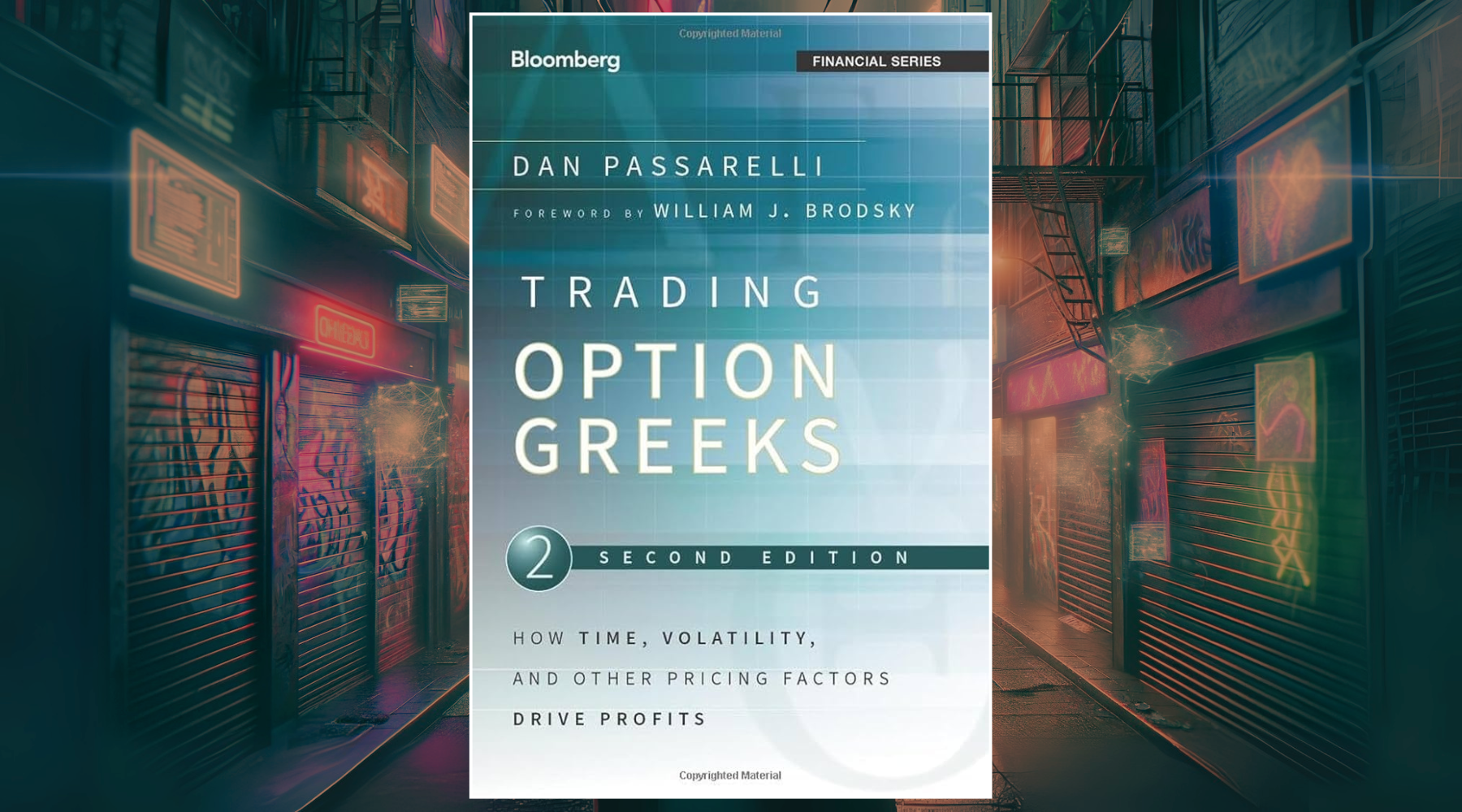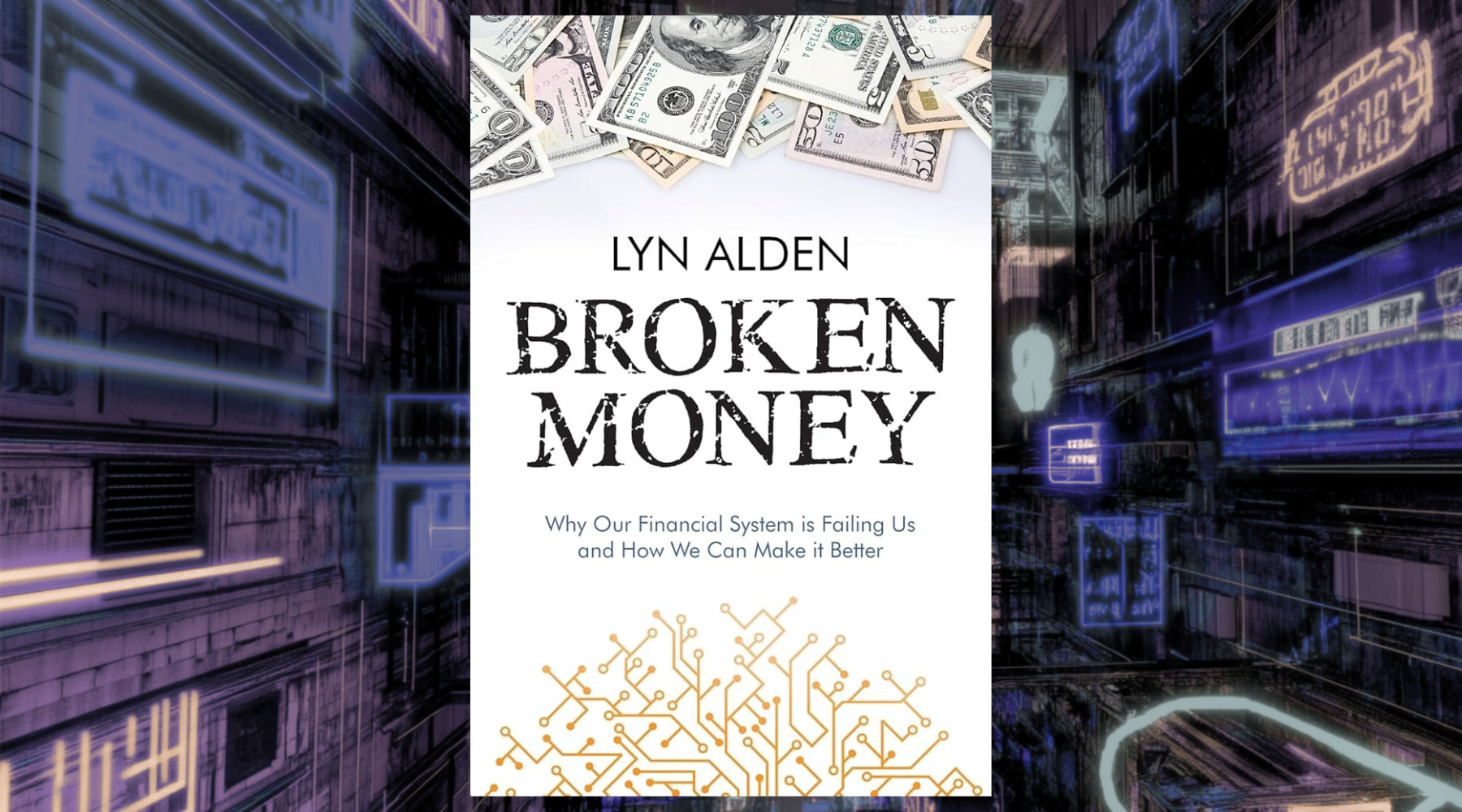Joseph P. Kennedy's Approach as First SEC Chairman

In 1934, President Franklin D. Roosevelt appointed Joseph P. Kennedy as the first chairman of the newly created SEC.
Kennedy seemed a natural fit for the job given his success on Wall Street. He had built a fortune as a savvy investor and understood the workings of the stock market intimately.
As SEC chairman, Kennedy did push some important reforms:
- Requiring companies to provide full financial disclosures - This improved transparency for investors.
- Restricting risky margin trading - This limited speculative investing with borrowed money.
However, Kennedy still aimed to take a very cautious approach to regulation overall.
The SEC was formed in the wake of the 1929 stock market crash and ensuing Great Depression. Kennedy wanted to restore investor confidence in capital markets without stifling them with too many regulations.
He believed in industry self-regulation by Wall Street professionals rather than heavy-handed government intervention. Kennedy trusted that executives and investors would show ethics and restraint without strong regulatory oversight.
This light-touch approach defined the SEC's beginnings under Kennedy's leadership. However, it opened him up to criticisms of being too aligned with Wall Street interests, as later controversies would highlight.
Critics Argued Kennedy Was Too Close to Wall Street
Despite his push for some transparency reforms, critics contended Joseph Kennedy was too aligned with Wall Street interests to be an effective regulator as SEC chairman.
He allowed questionable practices like:
- Stock manipulation through trading pools - Groups of investors would coordinate to inflate stock prices through manipulative buying and selling. Kennedy did little to crack down on such practices.
- Short selling without shares to drive prices down - Investors would short sell shares they didn't own to artificially depress prices temporarily for profit. Kennedy declined to restrict this activity.
In addition, Kennedy faced controversies like:
- Insider trading allegations - He was accused of improperly using non-public information from his SEC role to make stock trades for his own benefit.
- Conflicts of interest - Critics alleged Kennedy maintained investments in companies he was tasked with regulating as SEC chairman.
These controversies illustrated that the SEC's oversight and authority over markets was still very limited under Kennedy's light-touch approach. He resisted broader transparency initiatives or restrictions on speculative activities.
Kennedy's hesitance to regulate controversial practices fed critics' charges that he was too beholden to Wall Street. They argued his ties to the finance industry compromised his ability to rein in securities abuses as SEC chairman. This was a tension that persisted from the SEC's inception.
The SEC Expanded Oversight Authority Under Later Kennedys
After just one year as chairman, Joseph Kennedy resigned in 1935 to become an ambassador. With his departure, the SEC began taking a more assertive stance against market manipulation and fraud.
This shift toward tighter regulation continued evolving under the influence of Joseph Kennedy's sons entering politics:
- John F. Kennedy - After being elected president in 1960, John F. Kennedy appointed William McChesney Martin, Jr. as SEC chairman. Martin enacted major reforms like stricter broker-dealer reporting requirements and overhauled the New York Stock Exchange to expand disclosure mandates. This illustrated JFK's support for a more empowered SEC.
- Robert F. Kennedy - As JFK's Attorney General, Robert Kennedy took an active interest in expanding SEC authority. He strongly advocated for enhanced regulations to curb fraudulent activities. After JFK's assassination, Robert pushed the SEC to increase oversight of private "dark pool" trading venues, concerned their lack of transparency could allow manipulation.
So while founding chairman Joseph Kennedy favored a passive, limited SEC, later Kennedys like Robert F. Kennedy pushed the agency to exert more robust regulatory authority over securities markets and practices. Their influence helped the SEC evolve into a more empowered watchdog ready to take strong enforcement action against wrongdoing rather than just issuing recommendations. This legacy of steadily expanding oversight continues shaping the SEC's regulatory approach today.







